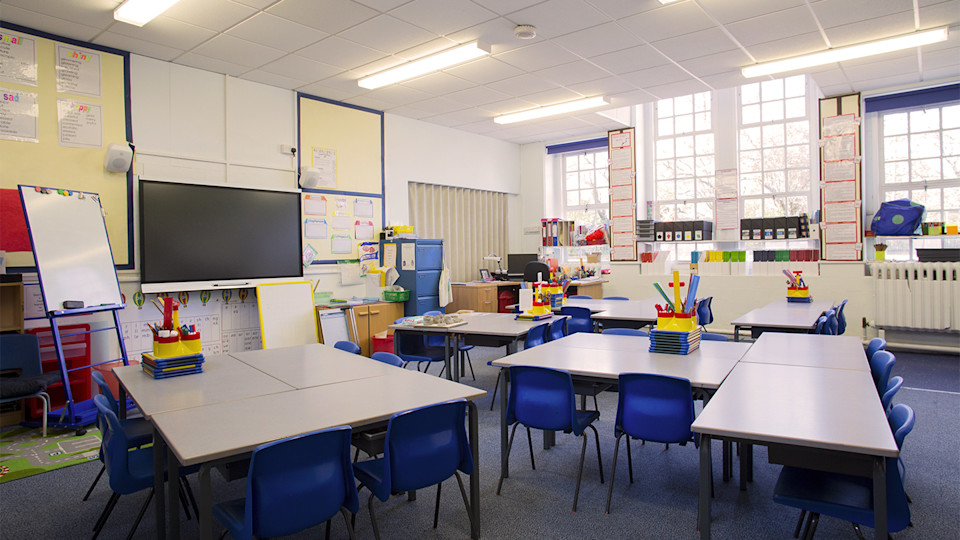
Education
What support is a child with additional needs legally entitled to in education?
If your child is struggling in school, the impact this has on their future can be significant. In this article, we explore the options available to you and your child, and what to do if you don’t believe your child’s needs are being met.
Education is a critical time for any child; not only does it give them the skills they will need to enter the workforce, but it is also a crucial opportunity to develop soft skills like communication, teamwork and critical thinking that can be just as important.
Yet if your child is struggling at school or college, the repercussions can be significant. Difficulties keeping up with lessons can cause a great amount of stress and worry, which can result in time off school that only exacerbates issues further.
Understanding what support is available to your child is paramount to ensuring that they get the most out of their education career. In this article, we explore the options available to you and your child, and what to do if you don’t believe your child’s needs are being met.
What support is available in schools and education for children with additional needs?
Children with Special Educational Needs and Disabilities (SEND) will often require additional support in education to ensure they have access to the same opportunities to reach their potential as their peers.
SEND covers a wide range of conditions that could affect your child’s ability to fully participate in their education, including:
- Autism Spectrum Disorder (ASD)
- Attention Deficit Hyperactivity Disorder (ADHD)
- specific learning difficulties such as dyslexia, dyscalculia or dyspraxia
- speech, language or communication difficulties
- emotional and behavioural difficulties (including anxiety and depression)
- mobility difficulties
- medical needs (such as epilepsy and Cerebral Palsy)
The support each child receives will depending upon their circumstance and how they are struggling. It may be that your child requires extra help and attention from a teacher or teaching assistant, to work in smaller groups, one-on-one tutoring outside of class, or encouragement and support to take part in class activities.
In most cases, a school or college will put an Individualised Education Plan (IEP) in place, detailing the support your child should receive.
What is an Individualised Education Plan (IEP)?
An Individualised Education Plan (IEP) is a document a school or college may create to set out the difficulties a child faces and the support that they are able to provide.
An IEP can be put in place for a child with any level of additional needs; for instance, if your child struggles with mild difficulties in a particular area, an IEP will focus exclusively on targeting that issue. Where a child’s difficulties are more extreme, an IEP can identify and set out several support mechanisms the school can make available.
While IEPs can be incredibly helpful, they are not legally binding. This means that the school is not legally obligated to deliver the support an IEP sets out.
What’s the difference between an IEP and an Education Health Care Plan (EHCP)?
An Education Health Care Plan (EHCP) is different. This is a legally binding document set out by your local authority – not the school itself – which details the difficulties your child faces, the extent to which these issues impact their education, and what support they are legally entitled to.
An EHCP can be requested by a child’s parent or legal guardian, or the child themselves if they are over the age of 16 and have the mental capacity to do so. It can also be requested by your child’s school.
If you believe your child requires an EHCP, you should in the first instance speak to your child’s school. It may be possible to put some support in place straightaway, and discussing the issues your child faces in the classroom can give you a clearer picture of the challenges they struggle with.
Our leading education and SEN solicitors have helped hundreds of families, court of protection deputies and clinical negligence solicitors access the support they need to ensure their children get the education they deserve.
Find out how we can help you today by calling our team on 0330 041 5869. Alternatively, get in touch online and we’ll call you back as soon as possible.